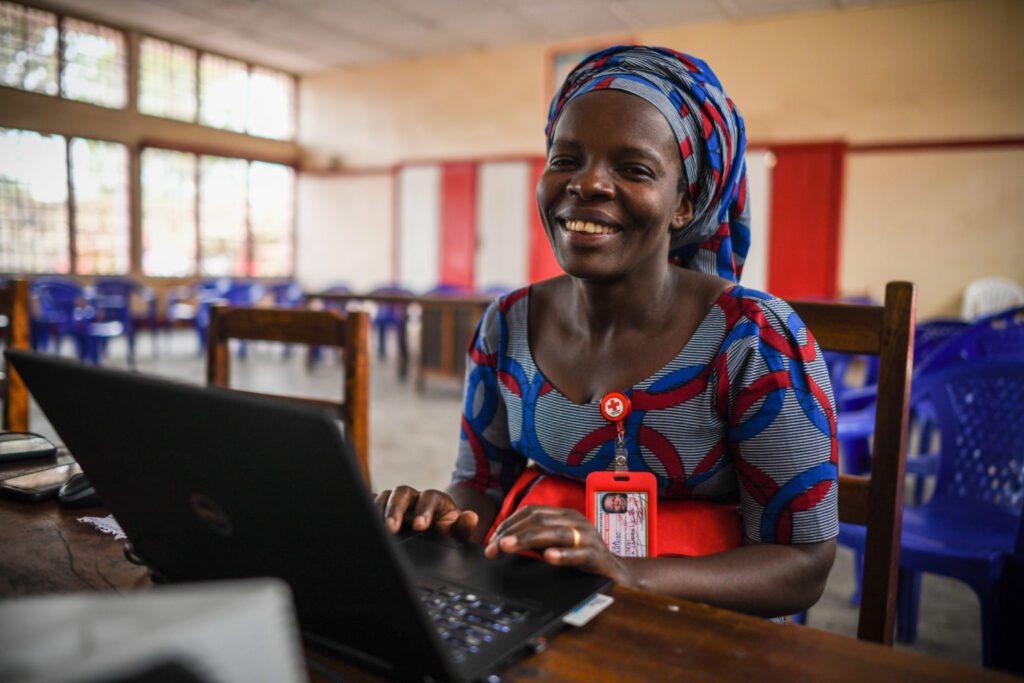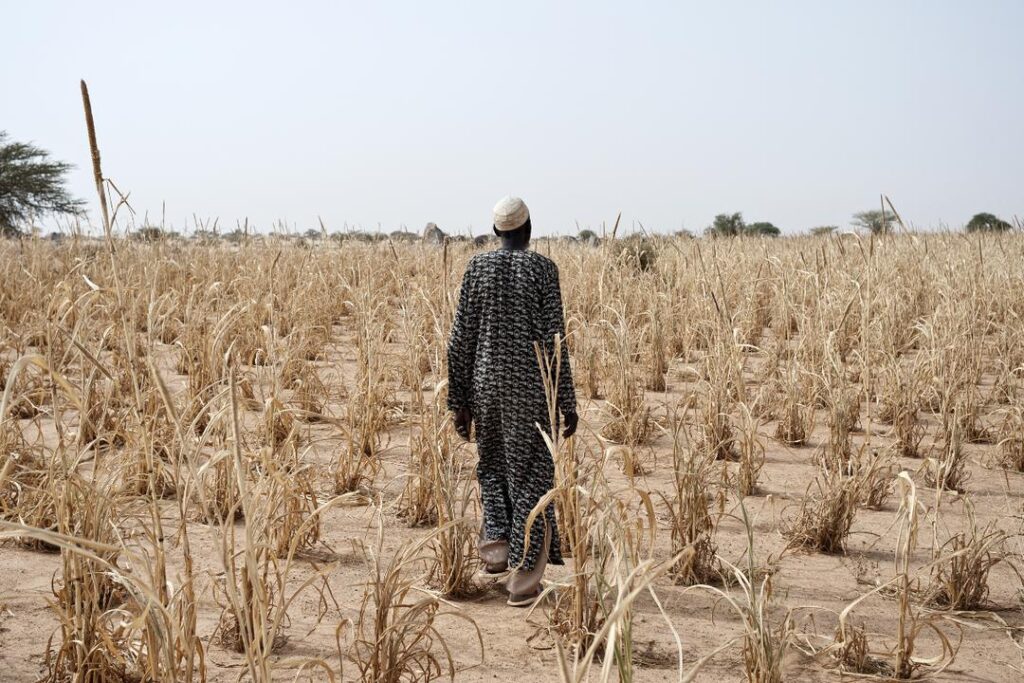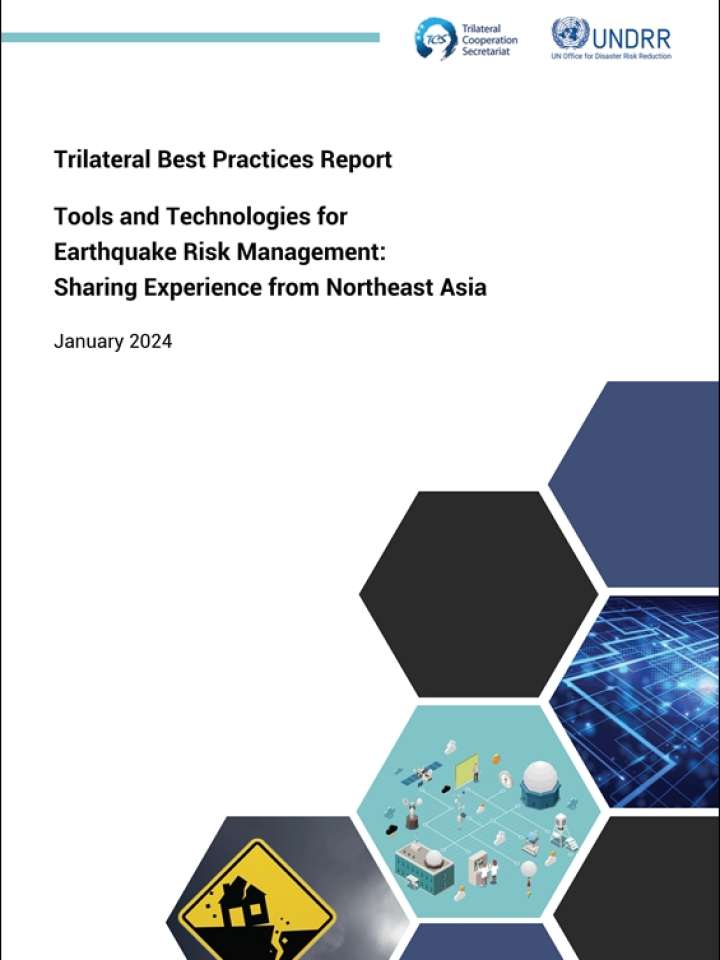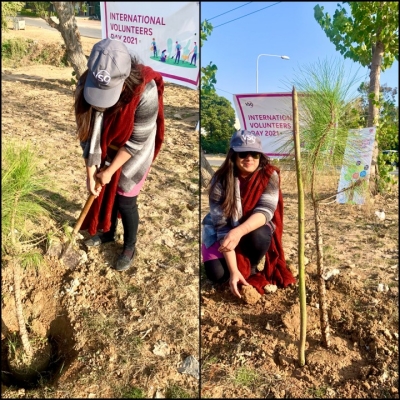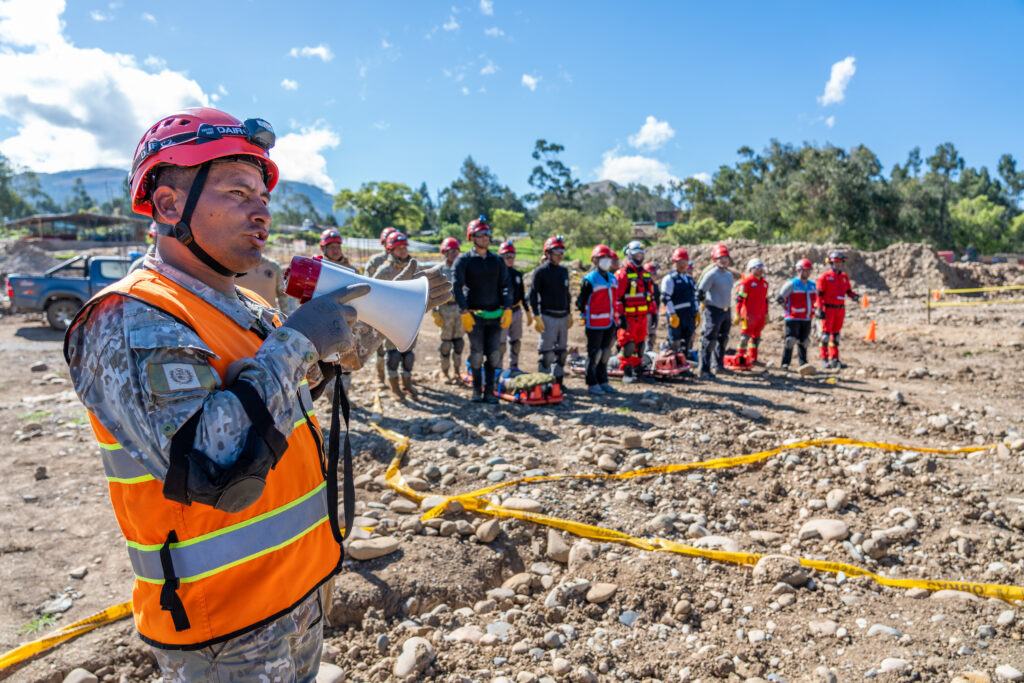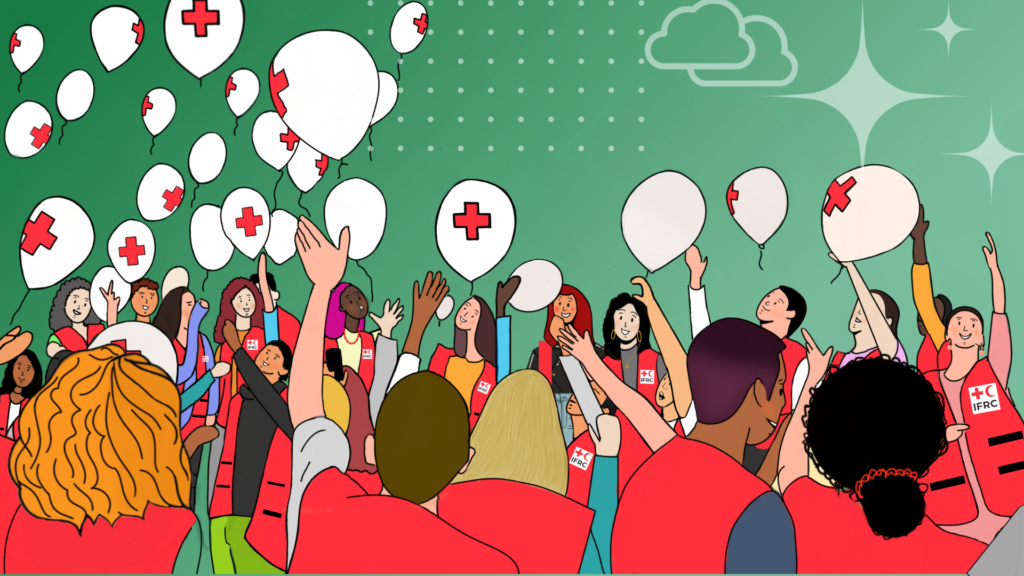Upskilling for Resilience: A Guide to Free Online Disaster Preparedness Training
As disasters continue to challenge communities worldwide, it is crucial for disaster management practitioners to stay up-to-date with the latest knowledge, training, and skills to help keep communities safer during these crises. To aid in the professional development of this critical workforce, the Global Disaster Preparedness Center (GDPC) has curated a list of free online […]
Upskilling for Resilience: A Guide to Free Online Disaster Preparedness Training Read More »

